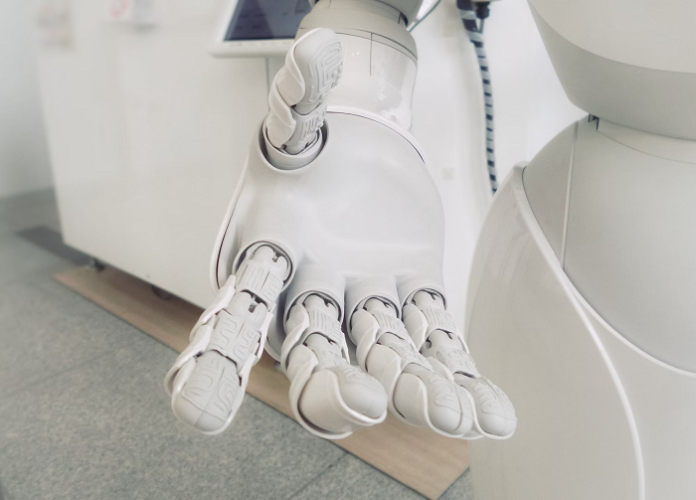
Artificial intelligence will be a great enabler for small-scale healthcare providers such as neighborhood hospitals, clinics, and individual doctors in the near future, experts say. Many AI-driven healthcare solutions and startups are already in business. More innovative solutions are likely to emerge in the next few years, providing valuable tools for small-scale healthcare providers in India and beyond. AI would empower them to enhance their service delivery and improve patient outcomes, said Dr. Gopal Sharan, managing director, TR Life Science, a hospital management consulting firm.

Raj Sehgal, director, TR Life Science, said AI has made some reasonable advancements in the field of healthcare and has the potential to revolutionize how medical services are delivered. “When considering the adoption of AI tools, hospitals and healthcare providers are advised to first define their needs, and then research and evaluate the solutions available and their various capabilities. The providers should also evaluate integration options, data security, and regulatory compliances to ensure that the AI solutions align with their specific requirements.”
Highlighting some real-world examples of AI in healthcare and how service providers can use AI tools, Raj Sehgal said this technology can be most impactful in areas such as medical imaging analysis, predictive analytics for patient outcomes, handling routine patient inquiries, personalized treatment plans, health-monitoring wearables, and clinical decision support.
Sehgal said AI can assist in analyzing medical images like X-rays, MRIs, and CT scans. “For a small radiology clinic, implementing AI-powered image analysis tools can help in detecting abnormalities, speeding up diagnoses, and reducing the chances of human error. AI algorithms can also help analyze patient data to predict disease progression and outcomes. Small-scale providers can use such AI models to identify high-risk patients and provide early interventions, improving patient care and reducing hospital readmissions.”
Chatbots and virtual assistants powered by AI can handle routine patient inquiries and scheduling of appointments and, in fact, even provide basic medical advice. This can help a small clinic or hospital manage patient interactions much more efficiently and also provide 24/7 support through its website and platforms like WhatsApp, he said.
“That is not all. AI can also analyze patient history and genetics to recommend personalized treatment plans. A small health practice could leverage this technology to offer tailored medical approaches that consider individual patient characteristics. Providers can also encourage patients to use AI-powered wearables that track vital signs and health metrics. These devices can alert patients and healthcare providers about any concerning changes in the health parameters, enabling timely intervention. AI can also enable remote monitoring of patients with chronic conditions,” Sehgal said.








